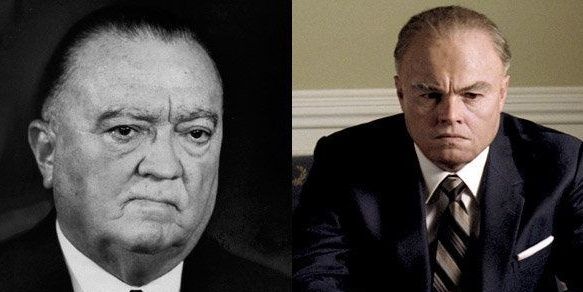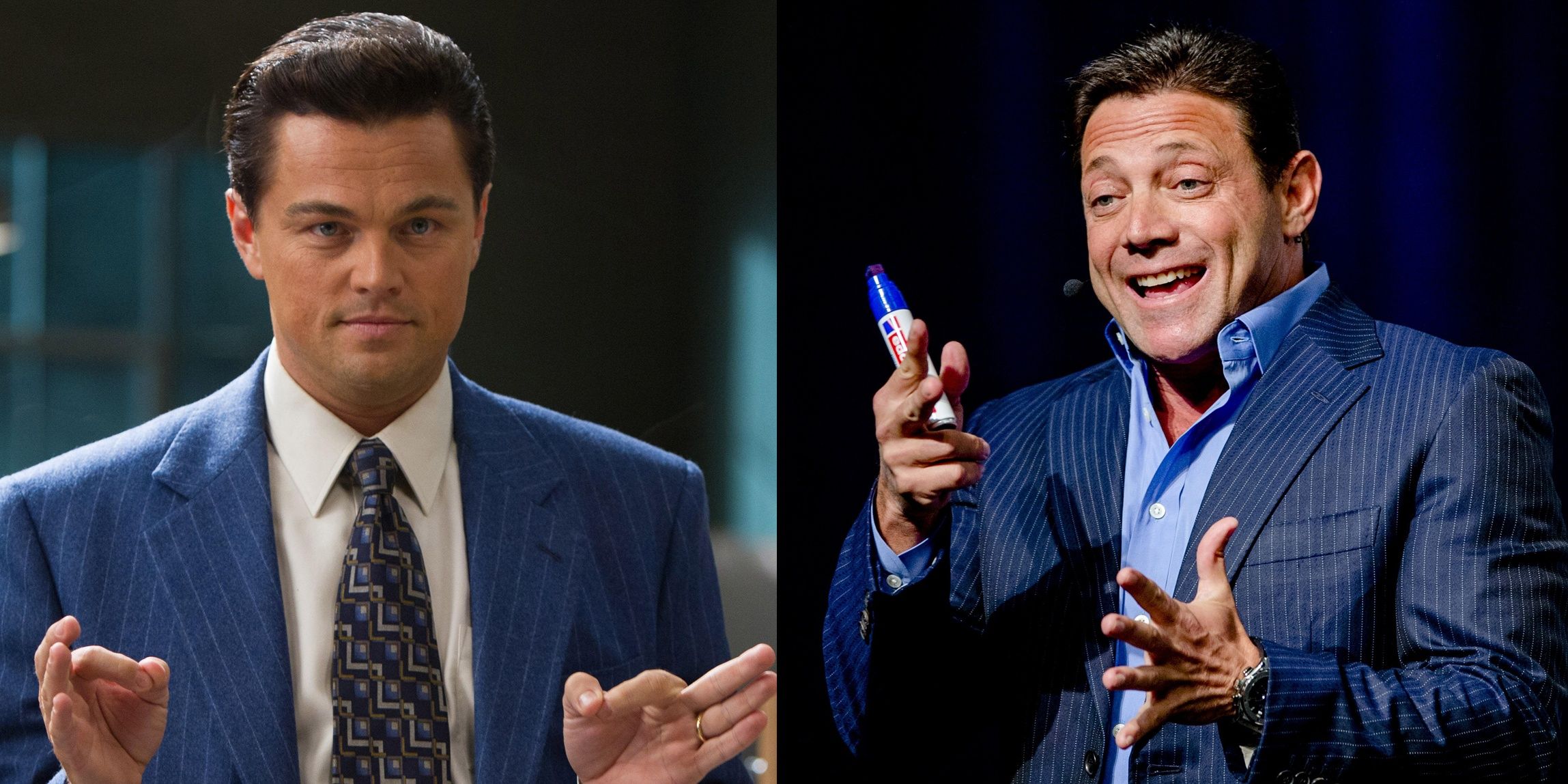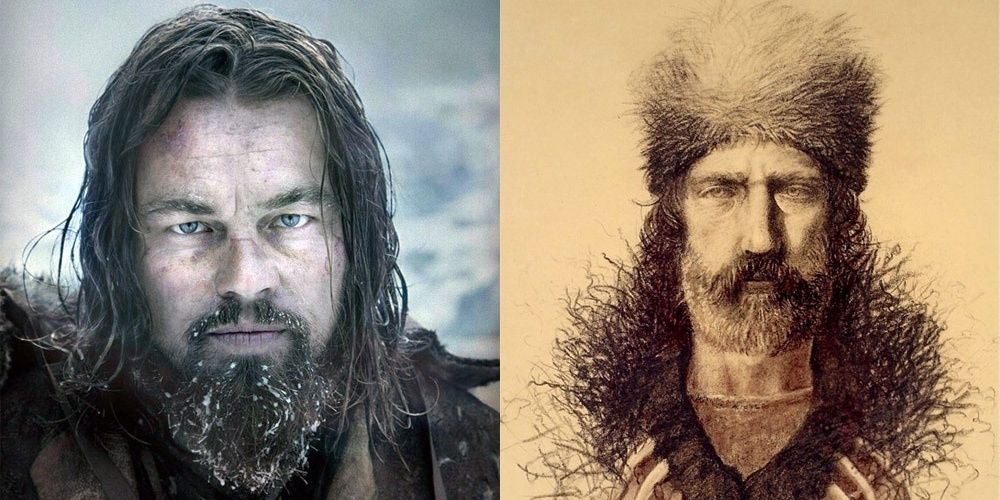While some may still see Leonardo DiCaprio as a ‘90s heartthrob, everyone can agree that he is a bona fide Oscar-winning actor. Others would argue that he’s always been an incredible force in the film industry. From playing a troubled teen on Growing Pains to a nervous astronomer in Don’t Look Up, in addition to his philanthropic work and advocacy in the world of climate change, Leonardo DiCaprio has become not only a Hollywood icon but a well-respected person.
Many of Leonardo DiCaprio’s performances have been masterful and memorable, but the public might not know that many of those characters were real people. Throughout his career, Leo has portrayed a wide variety of notable individuals, and by the looks of his IMDb page, he is continuing this trend. He is set to play six different historical figures in the coming years, including a man involved in the Osage Indian murders, a cult leader, an NYPD officer, an artist, and two presidents. This list of nine real-life roles is proof that Leonardo DiCaprio has always had an aptitude for playing characters rooted in reality.
Tobias "Toby" Wolff — 'This Boy’s Life'
This Boy’s Life is based on Tobias Wolff’s memoir of the same name, which tells the story of his childhood under an abusive step-father in 1950s Seattle. In their first of many collaborations, DiCaprio stars alongside Robert De Niro in this emotionally-charged drama.
This was DiCaprio’s first major film role, of which his breakout performance was highly praised. The real Tobias Wolff escaped his step-father’s iron fist and served in the U.S. Army during the Vietnam War. He went on to earn degrees from Oxford University and Stanford University before getting married and beginning a career writing novels and short stories.
Jim Carroll — 'The Basketball Diaries'
Based on an autobiographical novel of the same name, Jim Carroll’s The Basketball Diaries explores his adolescence as a promising young basketball player in the 1960s until his dreams are dodged when he becomes addicted to heroin. The film received mixed reviews because of a muddled overall message, but DiCaprio’s performance was seen as a standout and glimpse into the actor he would become.
His portrayal as an angry, yet lost and deeply saddened drug-addicted teenager is heart-wrenching, especially in the scenes with his mother. Jim Carroll became sober in the 1970s and worked as a musician and a writer. He published a couple of memoirs and poems that he had started writing during high school and continued to write until he died in 2009.
Arthur Rimbaud — 'Total Eclipse'
Total Eclipse is based on a 1967 play that recounts the true story of an intensely passionate relationship between French poets Arthur Rimbaud and Paul Verlaine during the 1800s. Starring opposite David Thewlis, DiCaprio does a good job of embodying the life of a young, cocky, wild visionary, but the film did not do well critically or at the box office due to poor writing and character development.
The real Arthur Rimbaud produced most of his poems during his adolescence and relationship with Verlaine. After ending the affair and stopping his writing, Rimbaud traveled to various countries as a merchant before dying of bone cancer at the age of 37.
King Louis XIV — 'The Man in the Iron Mask'
This 1998 iteration of Alexandre Dumas's novel The Vicomte de Bragelonne and the French legend of the Man in the Iron Mask also uses characters from Dumas’s d’Artagnan Romances. Leonardo DiCaprio stars as King Louis XIV and his twin brother Philippe, alongside John Malkovich, Jeremy Irons, Gérard Depardieu, and Gabriel Byrns as the four musketeers.
DiCaprio’s portrayal of two polar opposite twins is interesting to watch, as are the other actors’ performances, but the film still received mixed reviews for its overall presentation. However, it did well at the box office, largely due to DiCaprio’s popularity from Titanic, which was simultaneously playing in theaters. King Louis XIV did not actually have a twin brother, and the real prisoner behind the iron mask never revealed his face or true identity.
Frank Abagnale Jr. — 'Catch Me if You Can'
Showing more of DiCaprio’s comedic side, Catch Me if You Can is based on Frank Abagnale Jr.’s autobiography of the same name. The film tells the story of how he conned millions of dollars by posing as a pilot, doctor, and lawyer, all before his 19th birthday in 1967. In one of Steven Spielberg's best films, DiCaprio and his costars Tom Hanks and Christopher Walken give believable, comical, and heartwarming performances.
The film had critical and commercial success, with Academy Award nominations for Christopher Walken as Best Supporting Actor and Best Original Score by John Williams. Much of Frank Abagnale Jr.'s story has been questioned and refuted, but after serving time in different prisons, Abagnale started a family and has continued to work for the FBI while running his own consultancy firm.
Howard Hughes — 'The Aviator'
The Aviator chronicles Howard Hughes' life from 1927 to 1947 as he becomes a successful film producer and aviation tycoon while simultaneously suffering from severe obsessive-compulsive disorder. The film was a major success with rave reviews for DiCaprio and costar Cate Blanchett’s performances. They are dynamic, fun to watch, and accurate portrayals of Hughes and Katharine Hepburn.
The Aviator received 11 Academy Award nominations, winning five for Best Cinematography, Editing, Costume Design, Art Direction, and Supporting Actress for Blanchett. The real Howard Hughes was later inducted into the National Aviation Hall of Fame in 1973 and helped finance many businesses in Las Vegas. In 1976, he died of kidney failure at the age of 70.
J. Edgar Hoover — 'J. Edgar'
J. Edgar explores J. Edgar Hoover’s life from 1919 to 1972 as he navigates being the first director of the Federal Bureau of Investigation (FBI). This film is structured as a frame story in which DiCaprio plays an elderly Hoover narrating his life as a younger man, also played by DiCaprio. Directed by Clint Eastwood, J. Edgar received mixed reviews from critics because of poor storytelling and design choices.
However, as usual, DiCaprio’s performance was highly praised; he does a great job of embodying Hoover, while also giving an inside look at the struggles he secretly endured. By implementing various modernized police technology, J. Edgar Hoover greatly increased the power and influence of the FBI. He remained FBI director until his death in 1972 at the age of 77.
Jordan Belfort — 'The Wolf of Wall Street'
Based on a memoir by Jordan Belfort, The Wolf of Wall Street follows Belfort’s career and downfall as a New York City stockbroker in the late 1980s and early 90s. The film was a critical and box office success, becoming director Martin Scorsese’s highest-grossing film and getting five Academy Award nominations.
It also sparked a lot of controversy because of the character's general lack of empathy, sexually explicit scenes, and an extreme amount of profanity, which broke the Guinness World Record for most swearing in a film. Leonardo DiCaprio’s performance earned him a Golden Globe for Best Actor. As a penalty for his crimes, Belfort spent 22 months in prison and a payment of $110 million in restitution. He now gives motivational speeches about business ethics and avoiding mistakes he made in the past.
Hugh Glass — 'The Revenant'
The Revenant is based on a 2002 novelization of the 1915 poem The Song of Hugh Glass, which explores the experiences of frontiersman Hugh Glass in 1823. While the film took some liberties in historical accuracy, it focuses on justice for Native American communities. The film was a major blockbuster, and DiCaprio's and Tom Hardy’s performances were critically acclaimed.
DiCaprio finally won his first Academy Award for Best Actor after being nominated five times, in addition to sweeping that category during the 2016 awards season. The film also received Academy Awards for Best Director and Best Cinematography, and a Golden Globe for Best Motion Picture-Drama. The real Hugh Glass survived a bear attack but was killed ten years later by the Arikara tribe. He never wrote any accounts of his life, so his story has likely been embellished over time. Nevertheless, the legend lives on through DiCaprio's performance.

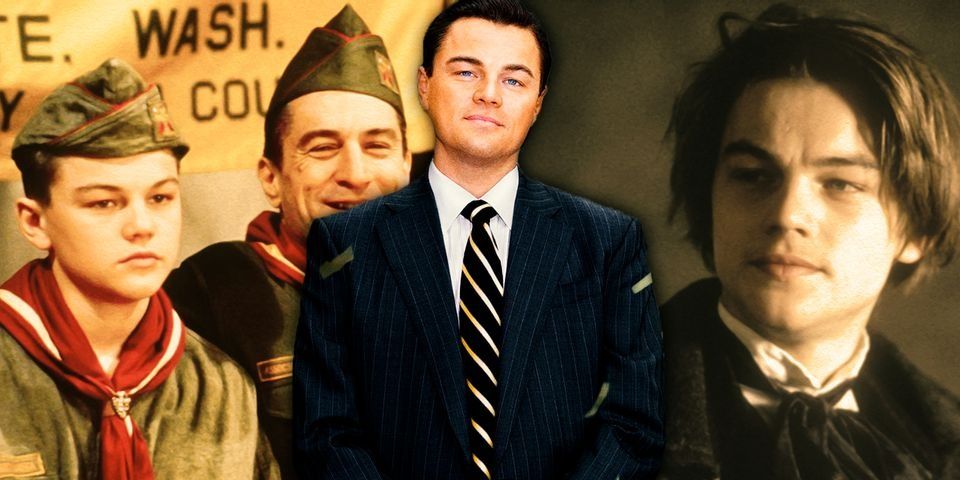
-Cropped-1.jpg)
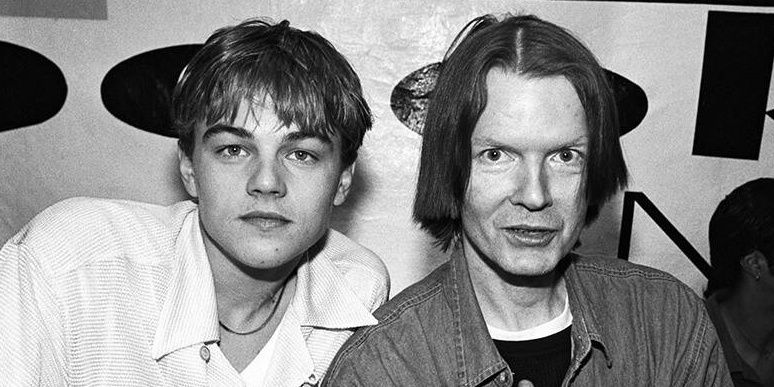
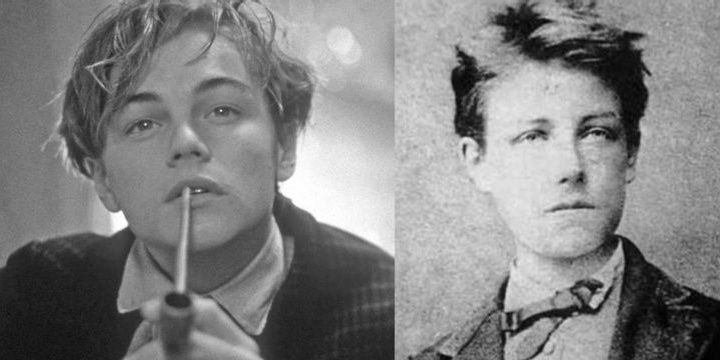
-Cropped.jpg)
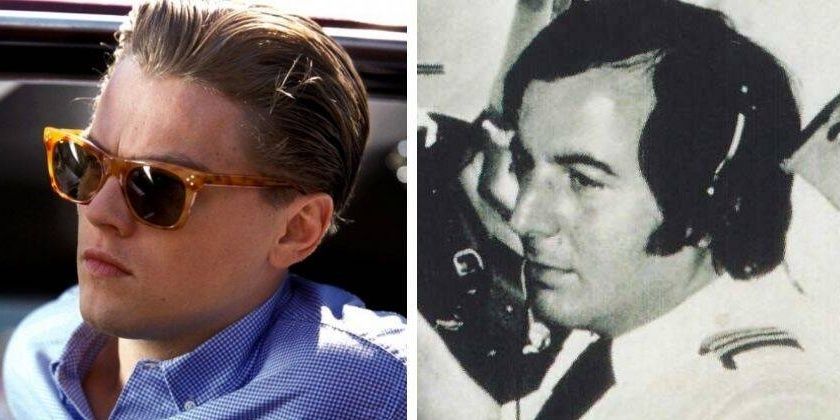
-Cropped.jpg)
